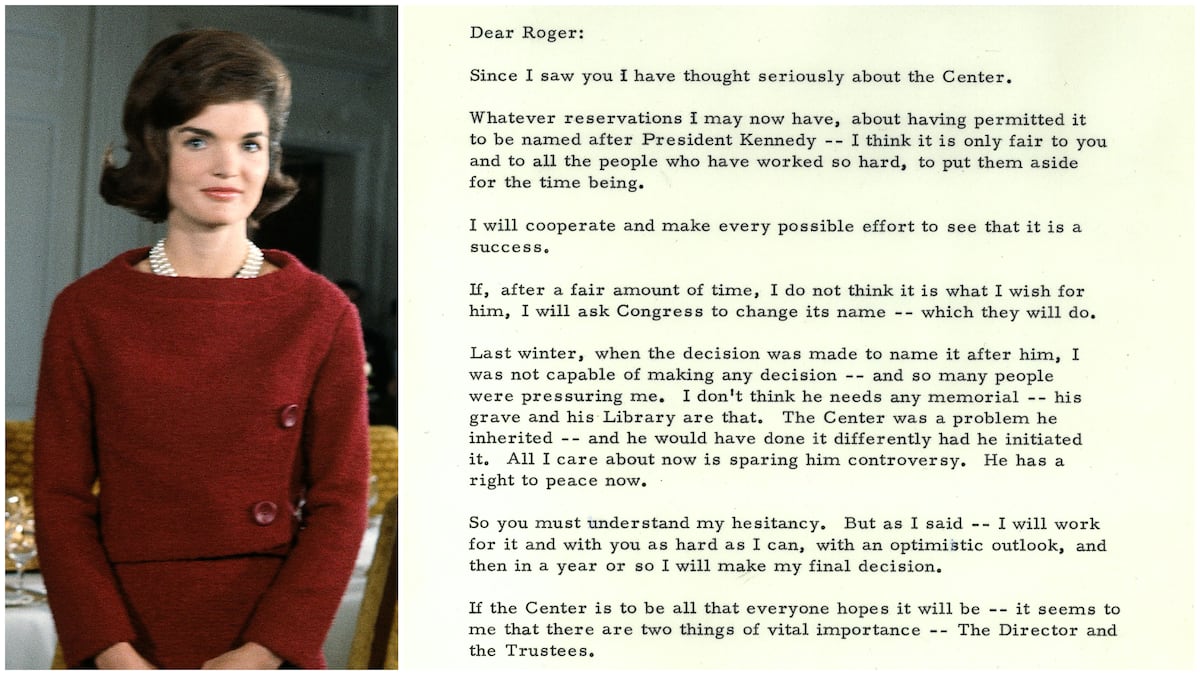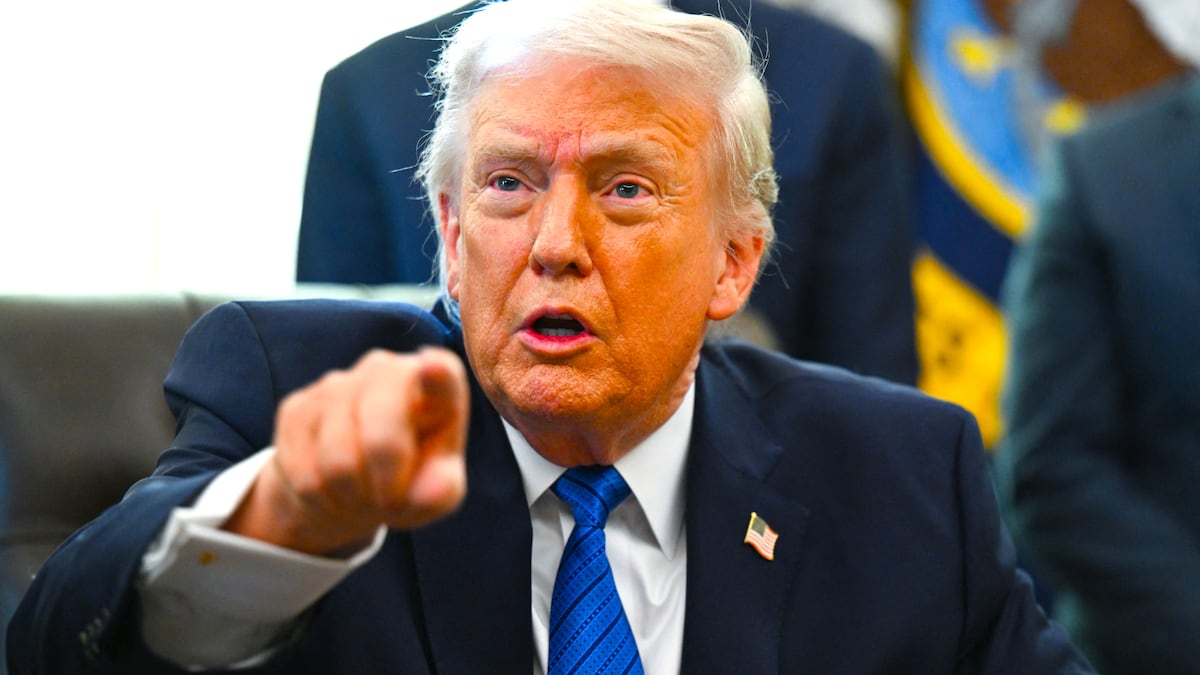The release of recommendations from a White House review group of the National Security Agency’s collection of communications intelligence is something of a vindication for Edward Snowden and his supporters. When the former NSA contractor first revealed himself this spring in a series of video interviews with The Guardian, the reaction from the White House was swift. Snowden was lambasted as the most dangerous leaker in U.S. history. In August, however, President Obama created the Review Group on Intelligence and Communications Technologies. On Wednesday the five-person group released recommendations for significant reforms to a system Snowden said was out of control and a threat to the privacy of both Americans and the rest of the world. Here are four highlights.

Communications record information known as metadata should not be stored by the government.
The first big Snowden disclosure was a court warrant authorizing the collection of all customer information from Verizon. This kind of information, known as metadata, includes when a phone call is made and the number dialed, but not the contents of the call. While some civil liberties groups had suspected such collection was taking place, the highly classified court warrant sparked a firestorm in the media and Congress. Soon after the leak, NSA senior officials went before Congress and said such collection was necessary because the information may be of value later on in preventing terrorist attacks. Earlier this week federal district court Judge Richard Leon said the government’s collection of phone record data was likely a violation of the Fourth Amendment. The review board also challenges the rationale of the program. It says as a general rule “the government should not be permitted to collect and store mass, undigested, non-public personal information about US persons for the purpose of enabling future queries and data-mining for foreign intelligence purposes.” The recommendation that a third party store such information echoes a plan the Obama administration considered in its first term. In July, former director of national intelligence Dennis Blair said the intelligence community asked phone companies to store this information, but they said they would rather not.
Some basic privacy protections for Americans should also extend to foreign nationals.
The review group recommends more stringent standards for protecting the privacy of foreign nationals. For example, it says U.S. monitoring communications of foreigners should not be based on their political or religious beliefs; should not be used to gain trade secrets; and must be “directed exclusively at protecting national security interests of the United States or our allies.” In addition the review group’s recommendations say the U.S. government should apply the Privacy Act of 1974 to foreign nationals as well as U.S. citizens. The nearly 40-year old law requires U.S. government agencies to protect personal information from U.S. citizens and not share it within the government.
Don’t spy on foreign leaders unless you have a damn good reason.
One of the most damaging leaks to the U.S. from Snowden was the disclosure that the NSA had been monitoring the communications of German Chancellor Angela Merkel. In its report, the review group said the NSA should consider whether the foreign leader is an ally; whether the surveillance is necessary to gauge a significant threat to national security; whether there is a reason to suspect the foreign leader has lied or is trying to hide information from senior U.S. officials; and whether other less intrusive means could be used to obtain such information. These are general guidelines, but the group does not propose new legislation to limit such surveillance. Joel Brenner, a former senior counsel to the NSA, said any policy change to limit intelligence collection on foreign governments should not be made in a vacuum. “Any changes we make should be based on mutual arrangements with our allies, no exceptions.”
Civil Liberties Groups are pleased.
Michelle Richardson, legislative counsel for the American Civil Liberties Union, told the Daily Beast Wednesday that her first impression of the recommendations from the review group was positive. “This is more forward leaning than we were expecting,” she said. “I have been working on this for a decade and I feel this kind of report can be a game changer.” She added that she was particularly pleased that the report recommended that a judge review the issuance of national security letters from the FBI. These letters had been used by the FBI to compel private businesses to hand over financial records, phone information and even internet search histories and required the recipient to keep the request secret. In a release sent out Wednesday, Sarah Labowitz, co-director of the Center for Business and Human Rights at New York University’s Stern School of Business, said, “The recommendations of the president’s review group report indicate that the status quo is unacceptable. The ball is now in the administration and Congress’ court. Restoring America’s credibility on civil liberties through executive and legislative action is the right thing to do, and it’s good for the technology business.”






